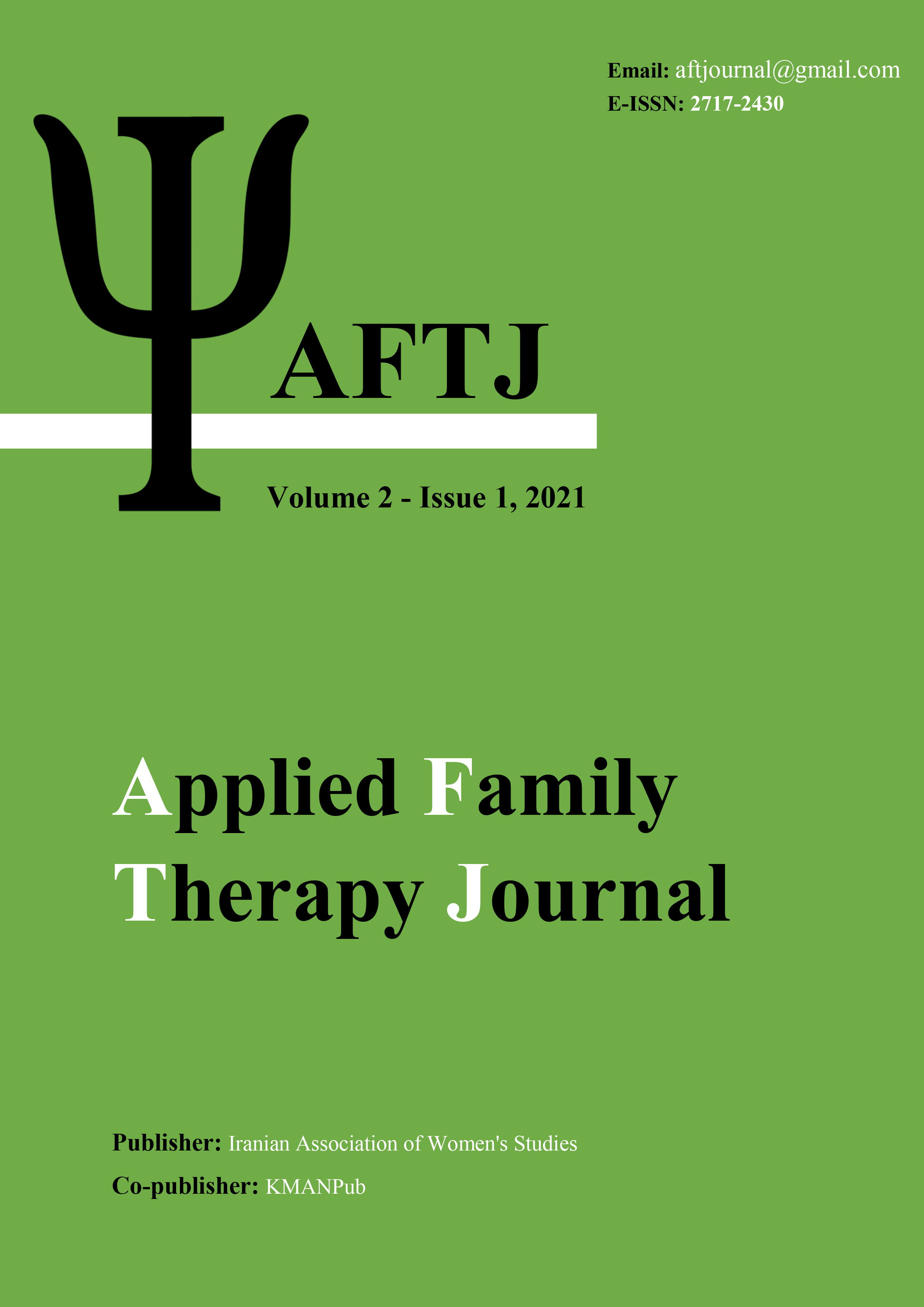Validation of the fathering self-efficacy scale among fathers with an elementary school girl
Keywords:
Fathering Self-Efficacy, Exploratory Factor Analysis, Confirmatory Factor Analysis, StandardizationAbstract
Aim: This research examined the normative assessment, validity, and reliability of the fathering self-efficacy scale. Method: The research method was descriptive cross-sectional and type of validation studies. And the statistical population of the study included all fathers with elementary school girls in the academic year 2019-2020 in Shahroud, from which 346 people were selected as a sample group by the multi-stage random cluster sampling. The exploratory factor analysis method was used to evaluate the validity of the questionnaire by using the principal component analysis, and Cronbach's alpha method was used to assess the reliability. Then, the indicators of confirmatory factor analysis and internal consistency reliability coefficients were studied for the selected factors. All statistical analyzes were performed by SPSS software version 25. Results: The results showed that Bartlett's test of Sphericity test was equal to 2732.1 and significant at the level of P <0.05. In this analysis, using Varimax rotation, four factors had specific values higher than one, and their materials had a factor load greater than 0.3, and the factor analysis of all factors explained 58.04% of the variance of the fathering self-efficacy scale. Also, Cronbach's alpha coefficient of the whole questionnaire was 0.81 and Cronbach's alpha coefficient of sub-factors of positive commitment was 0.81, financial responsibility was 0.91, direct care was 0.93, and indirect care was 0.89. Conclusion: According to the results of factor analysis, this questionnaire can be used to assess fathering self-efficacy in the community of Iranian fathers.
Downloads
Downloads
Published
Issue
Section
License

This work is licensed under a Creative Commons Attribution-NonCommercial 4.0 International License.





















